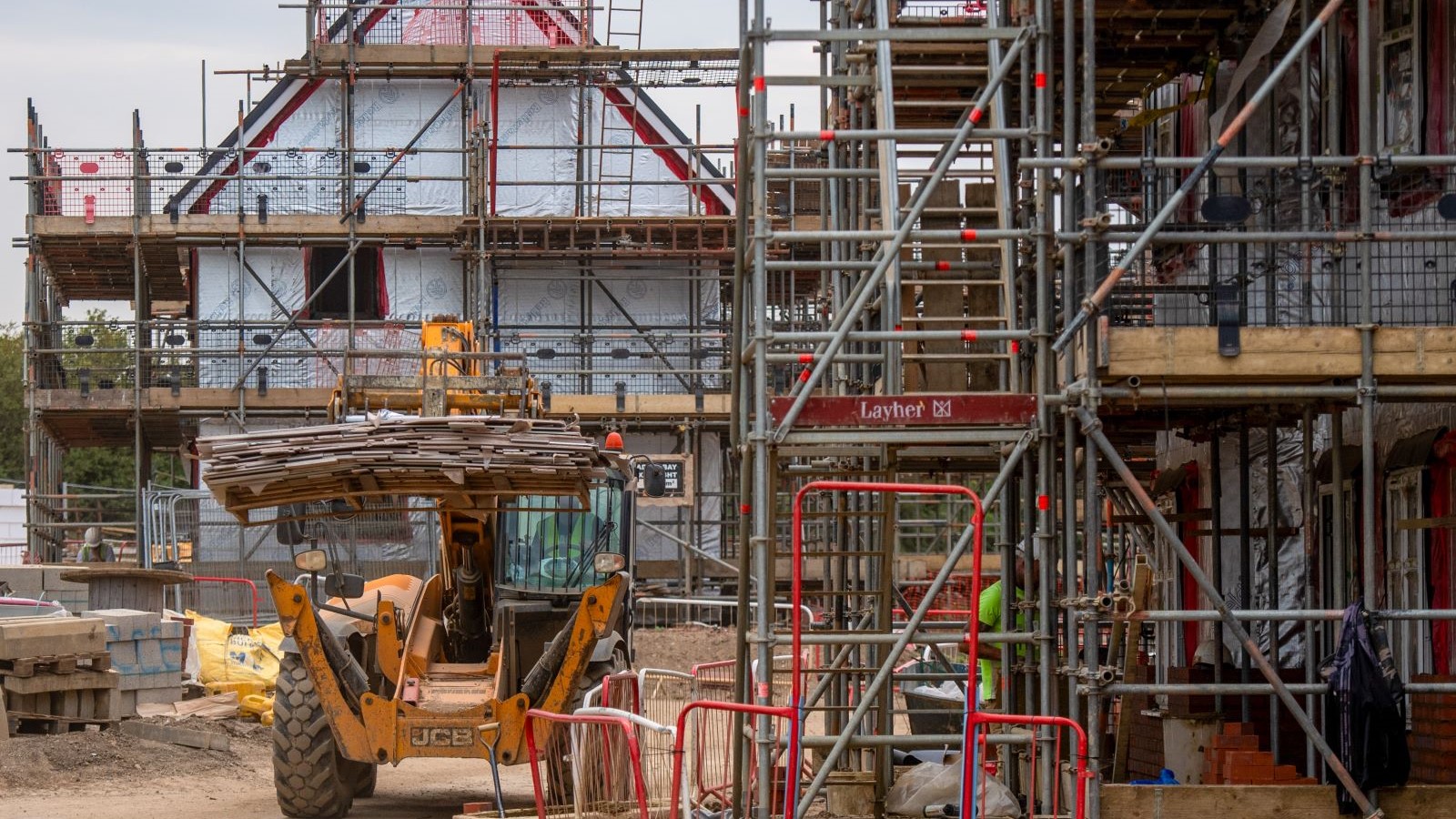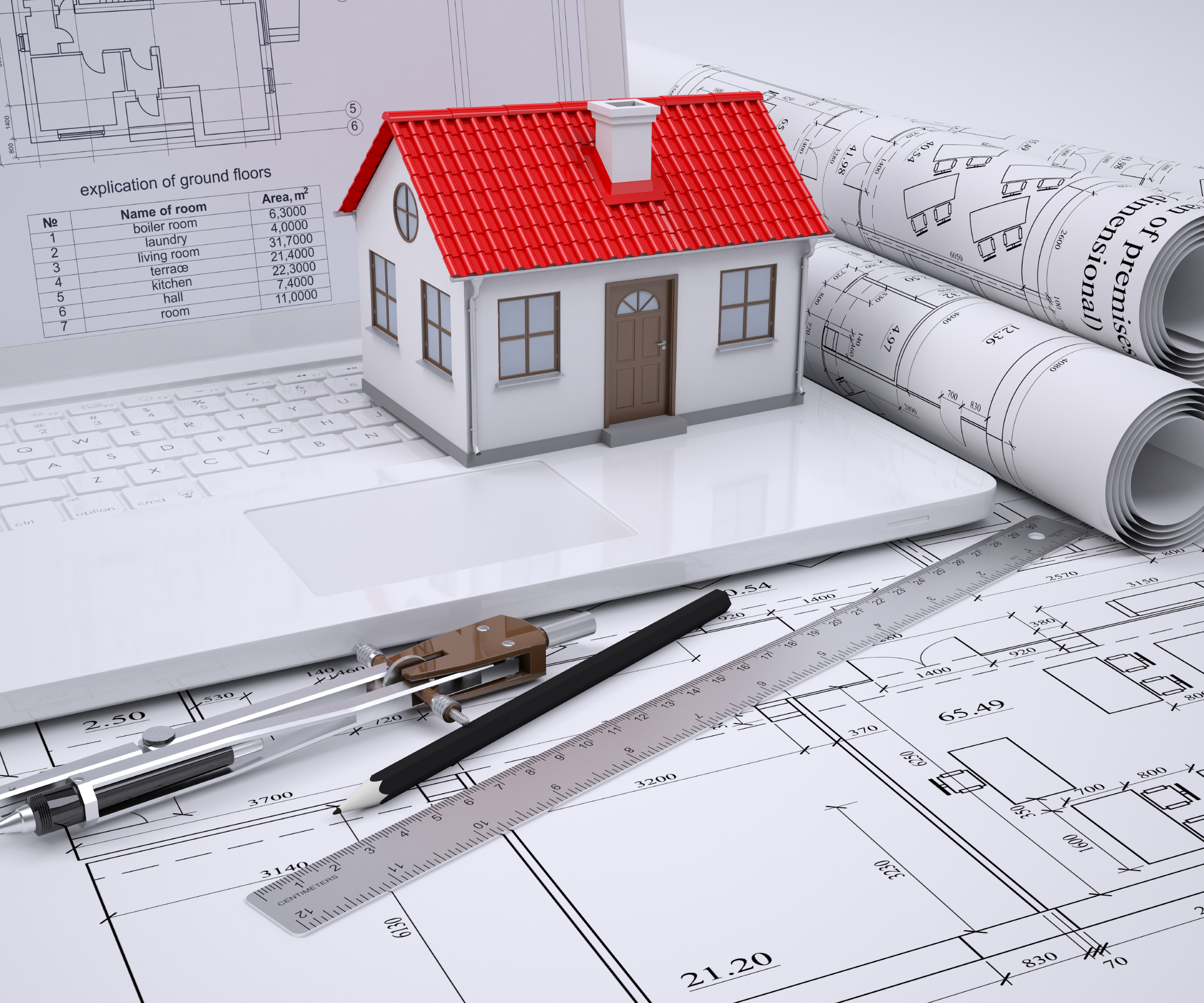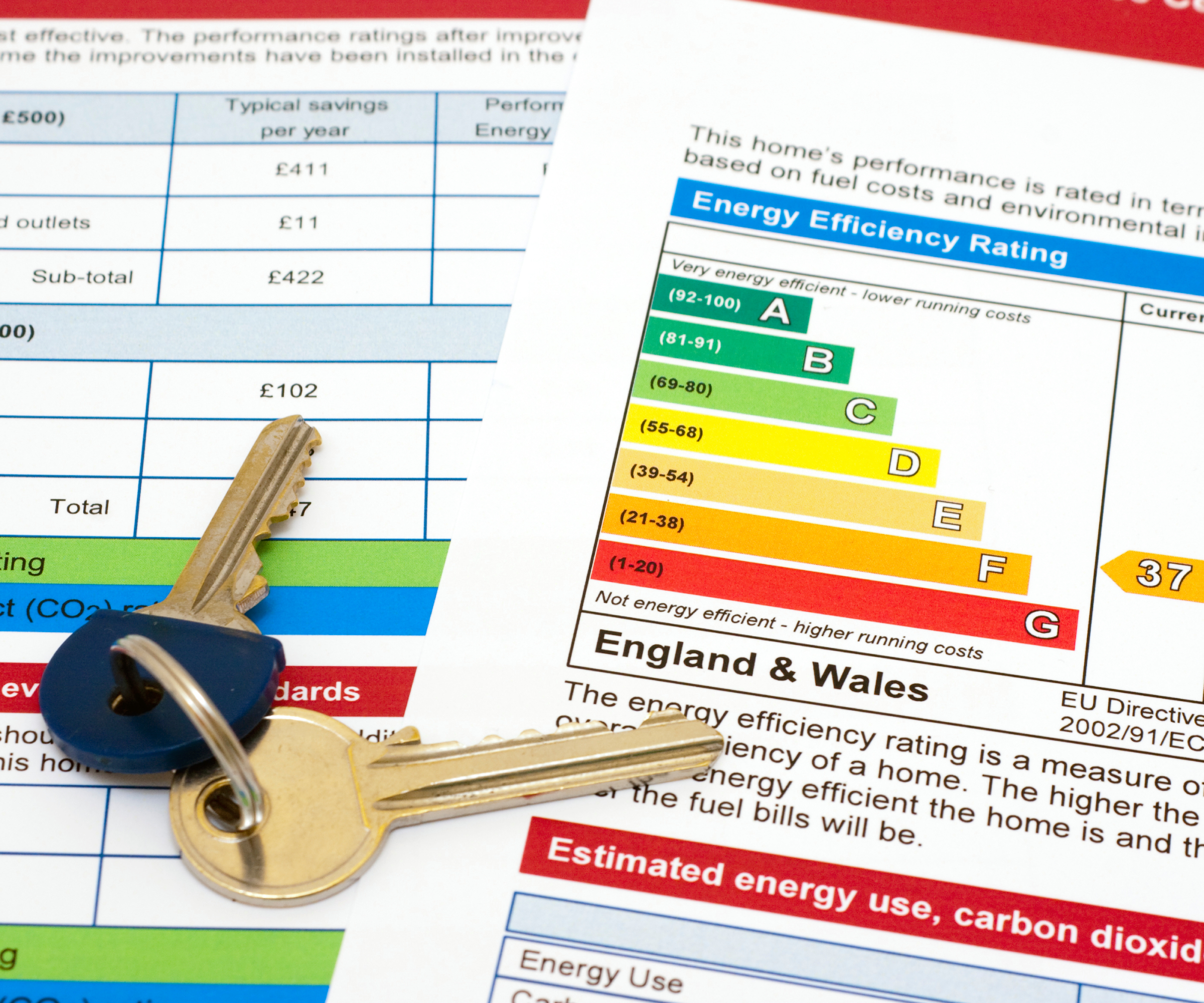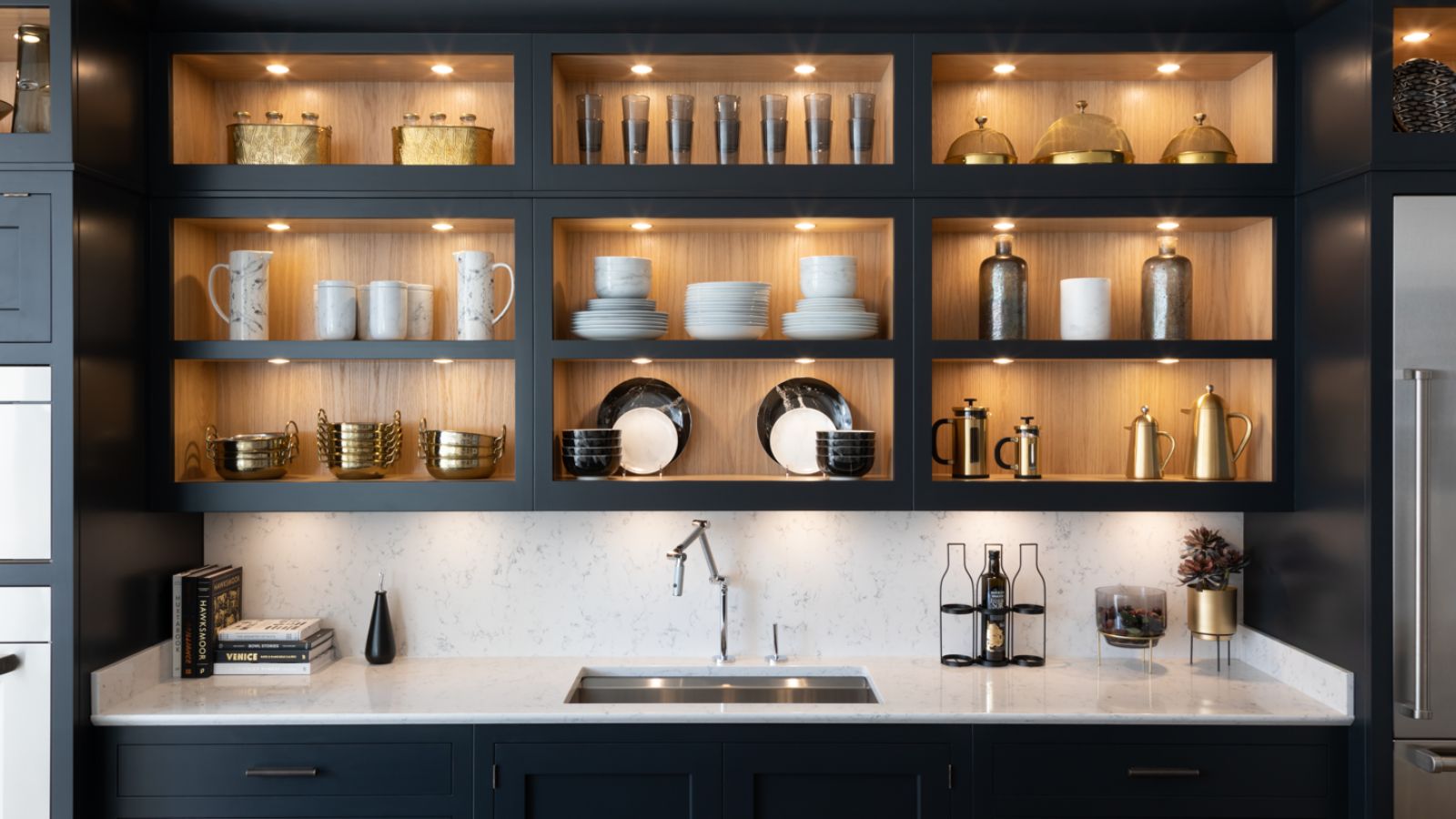What building control costs can you expect for your self build project?
Our expert Mark Stevenson details all the costs to consider when looking at how much building control is likely to cost

Building regulations are a set of legal standards designed to ensure that buildings are safe, healthy, and energy-efficient, and whether you’re building a new house or undertaking a major refurbishment, you’ll need to comply.
To secure building regulations approval, the project must be checked by what's known as a building control body. There are two types of building control bodies: a private company called Building Control Approvers (RBCA), previously known as approved inspectors, or the local authority. Both have their pros and cons, but if you use a RBCA they must be registered with the Construction Industry Council (CIC), and the local authority must be informed by submitting an initial notice.
Under both options, you can choose an application route of either building notice or full plans. Full plans is most suited to complex projects such as building a house or converting a loft as the plans are checked before work starts. A building notice is more suitable to minor alterations and renovations, where plans aren’t needed and the proposals can be checked on site as the work proceeds.
In this guide I take a look at all the costs involved for both building control routes, as well as other factors relating to fulfilling building regulation approval that you may need to budget into your calculations.
The cost of building regulation approval
The cost of securing building regulation approval will depend on the type and scale of the project, as well as the type of application. Local authorities publish standard building control charges which cover most projects, but if these don’t cover what’s involved they will determine the fees individually. While local authority building control departments can set their own fees, they’re only permitted to recover the actual cost of the service and are not allowed to make a profit.
In contrast, RBCAs are private companies, can charge what they like and can make a profit on the services they provide.
Typical Local Authority Fees
For new dwellings and conversions up to 300 m2, a full plans check followed by the site inspections will cost £750+VAT. In comparison, a building notice will cost slightly more at £850+VAT, which reflects the inefficiency of the approach. Each local authority is responsible for setting their own building control charges, so expect to see some slight variation.
Bring your dream home to life with expert advice, how to guides and design inspiration. Sign up for our newsletter and get two free tickets to a Homebuilding & Renovating Show near you.
For building regulations for extensions, typical fees for up to a 10m2 extension are £450+VAT. For a full plans and inspection service a building notice approach would be £500+VAT. For larger extensions, say 10-40m2, the costs increase to around £550+VAT for the full plans, and £600+VAT for the building notice. The larger you go, the slightly higher the fee, but all in all, the costs are fairly reasonable.
For loft conversion building regulations, fees are £460+VAT for full plans and £500+VAT for a building notice. But, given the complexities involved, expect to see a few extras creep in if, for example, the conversion includes a dormer window or you need to upgrade other thermal elements such as a wall or replace windows (£100 to £200+VAT).
Typical Building Control Approvers (RBCA) fees
While the local authority fees for building regs approval on an average new build project are typically around £750 to £1000+VAT, the cost from Building Control Approvers (RBCA), is likely to be very different. RBCAs are private businesses, so they expect to make a profit, but in theory, if they can operate more efficiently, their costs can be lower. This means that the RBCA will have a broader range of cost compared with a local authority providing they same service. Their fees will also be subject to individual quotations and will not be published in the same way as local authorities fees.
This can work to your advantage when a package deal is bought from a RBCA. Self builders buy new build structural warranties and the providers, who are often registered as RBCAs, throw in the building regulation approval service at very low cost as they’re already carrying out the inspections as part of the warranty product. However, on small projects such as extensions or refurbishments, RBCAs, who are unlikely to be local, or benefit from warranty products, will typically be more expensive than the local authority.
In addition to the building control application fees, there are other costs you should be aware of when securing building regulations approval.
Architectural Fees
To carryout a full plans check, a full set of architectural plans and supporting assessments is needed. The architectural cost will vary depending on the project and the architectural practice. As a rule of thumb, architects are the go-to solution for design, but architectural technicians are generally more cost effective and ideally suited to smaller scale projects.
Don’t let this limit your options though, as some of the best building designers are neither architects or cheap. When it comes to driving down the architectural costs, avoid anyone that charges on a percentage of the build cost, or has an extensive list of consultants that must be appointed to support the design process and building control drawings.

Structural Calculations
For more complex projects, structural calculations will be needed to demonstrate that the building is structurally safe. The cost of these calculations can range from a few hundred pounds for simple projects, to thousands for something more complex.
If you’re using a structural building system, the supplier will usually complete the structural calculations as part of the deal, so don’t pay again for an engineer to provide them.
Standard Assessment Procedure (SAP)
A core part of the building regs thermal assessment is the Standard Assessment Procedure - more commonly known as SAP calculations. The process is used to assess and compare the energy and environmental performance of dwellings, and is a requirement for new builds and significant refurbishments. The cost of a SAP assessment typically ranges from £300 to £500, depending on the complexity and number of revisions.
Energy Performance Certificate (EPC)
Building regulation requires an Energy Performance Certificate (EPC) for all new buildings and major refurbishments. It provides a rating of the building’s energy efficiency and includes recommendations for improvement. The cost of an EPC can vary, but expect to pay between £80 and £140.

Overheating Assessments
Under the new approved document O, an assessment is needed to ensure a new dwelling does not overheat. For simple building designs, the simplified method of assessment can be used at around £200 to £300+ VAT. If a building fails, or where the design is more complex, the Dynamic Modelling method is needed which simulates a building's energy use under various conditions. The cost can range from £850+VAT to £1500+VAT for each dynamic assessment.
Securing building regulations approval is an essential part of building a new house or major refurbishment project. While the costs can add up, they are generally quite reasonable and considering that the process ensures your project is a safe and energy efficient place to live, they’re an essential investment and a price worth paying.
While calculating potential building control costs is a good start when it comes to budgeting for your build, you should also factor in the cost of planning permission as well as looking at the build costs itself, whether that be the cost of building a house from scratch or extension costs.
Doing so can make a difference when it comes to sticking to your timelines, as unforeseen costs can often make a project drag out far longer than intended, which in itself can produce more financial problems.
Mark Stevenson is a construction professional with almost 35 years’ experience across housebuilding, timber systems manufacturing and bespoke residential development. He is the owner of Elsworth Projects Ltd, a consultancy specialising in the project management of bespoke self-build homes.
Previously Managing Director of Potton and former Chair of NaCSBA and the Structural Timber Association, Mark is widely recognised for his specialist knowledge of timber construction, land finding and appraisal, and the construction of self-build projects.
Alongside his professional career, Mark is a skilled joiner, hands-on renovator and serial self-builder. He regularly shares his knowledge at Homebuilding & Renovating Shows and coaches self-builders.

